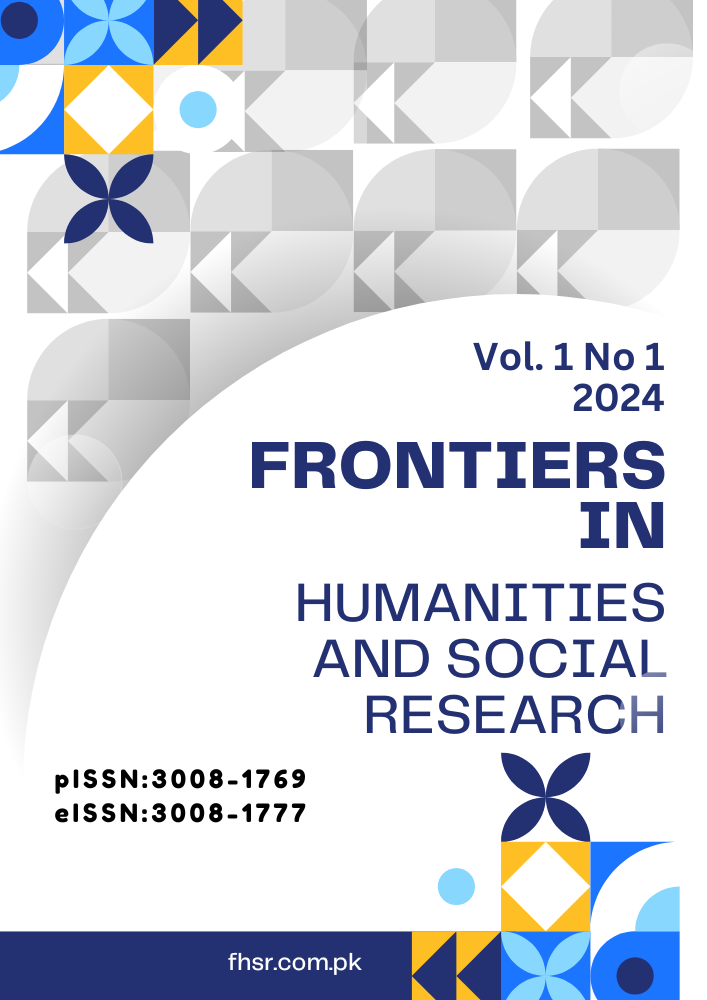Dialects of Dignity: How Language Varieties Shape Identity and Power in Informal Economies
DOI:
https://doi.org/10.71465/fhsr194Keywords:
language varieties, dialects, informal economies, sociolinguistics, identity, power, social capital, resistance, linguistic repertoires, stigma, linguistic diversityAbstract
This article explores the intersection of language varieties, identity, and power dynamics within informal economies. Drawing on sociolinguistic and anthropological scholarship, it argues that the use of specific dialects or vernaculars in informal markets, street trades, and other non-mainstream economic activities is not merely a neutral communication tool. Rather, language varieties in these contexts become markers of group affiliation, social capital, and even resistance against dominant power structures. The article examines how individuals and communities leverage their linguistic repertoires to navigate informal economies, build trust and solidarity, and negotiate their positions within broader social hierarchies. It concludes by emphasizing the need to recognize the inherent value and dignity of diverse language varieties in informal economies, and to move beyond deficit perspectives that often stigmatize non-standard forms of speech.




